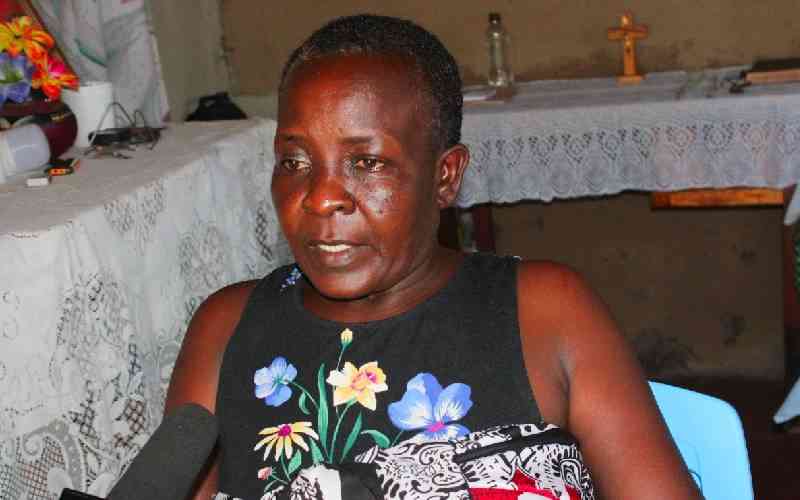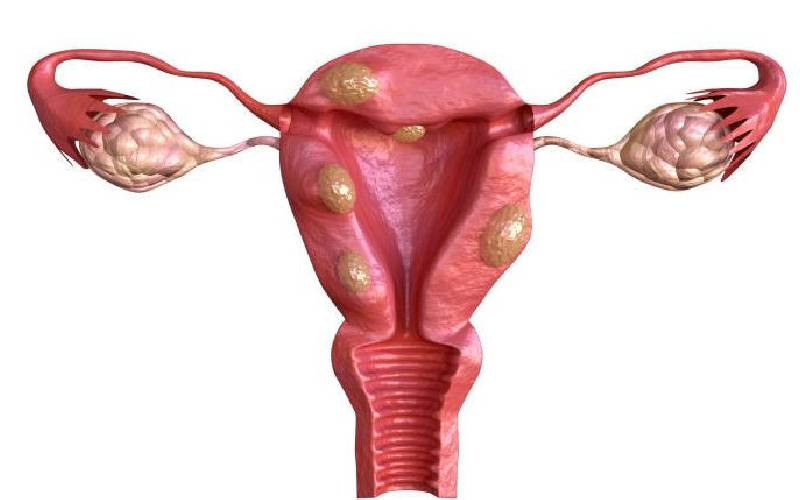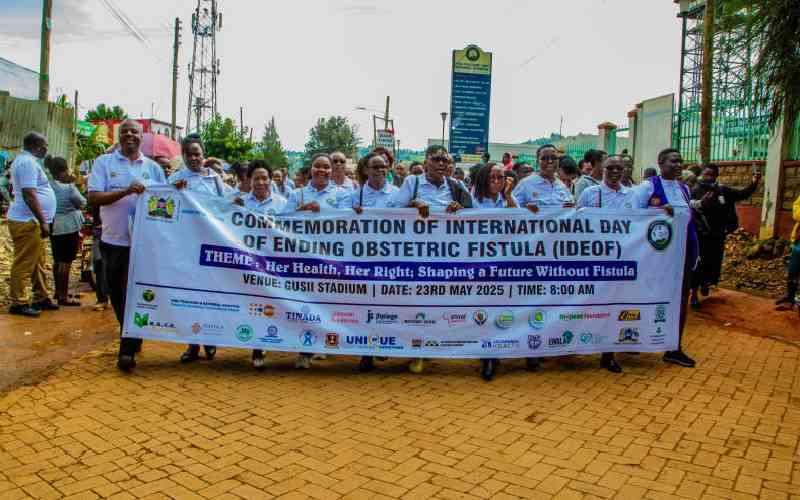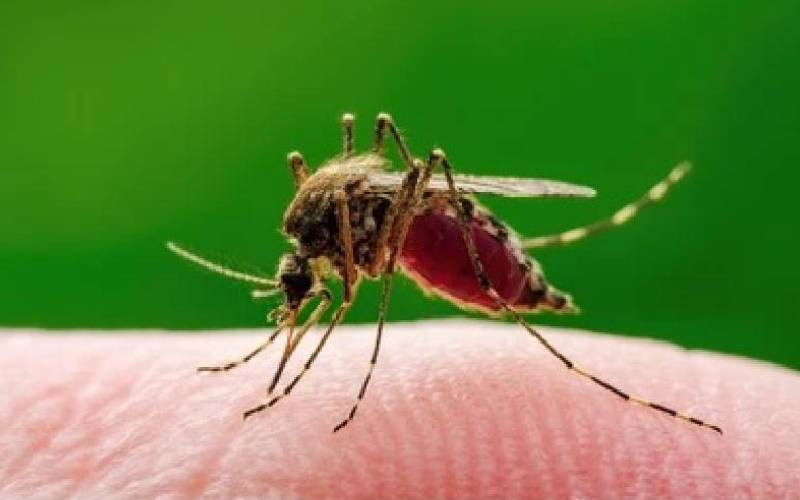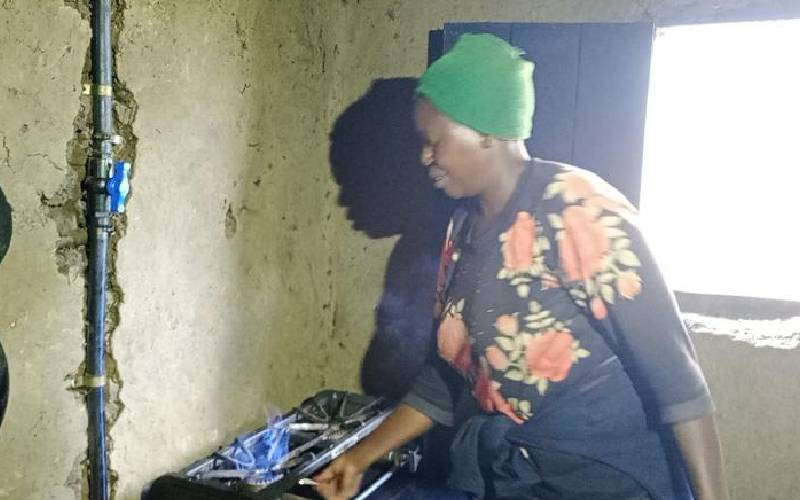
Beth Tome, a farmer in Enabelbel village, Narok South-Sub-County, Narok County demonstrates how she operates a biodigester she uses at home for cooking. [Anne Atieno, Satndard]
More than 6,000 households in Kirinyaga County have transitioned to clean cooking energy, replacing firewood and charcoal with liquefied petroleum gas (LPG) through an initiative distributing free gas cookers.
The programme, spearheaded by Governor Anne Waiguru and funded by Financing Locally-Led Climate Action (FLLoCA), aims to combat climate change, reduce indoor pollution, and improve public health outcomes, particularly for women and children who are most exposed to cooking smoke.
Over the past two years, the County has distributed about 6,400 free meko gas cookers to local families, in a bid to tackle climate change, reduce indoor pollution, and promote sustainable development.
The initiative forms part of Waiguru’s broader environmental conservation and climate resilience campaign. In June alone, 5,800 meko gas cookers were distributed under FLLoCA, while an additional 600 units were issued last year through a ward-based programme targeting families living along the Mt Kenya forest.
According to the Governor, the clean cooking initiative is helping to reduce health risks associated with household air pollution (Hap), which health experts say contributes to millions of premature deaths globally each year due to pneumonia, chronic lung disease, and lung cancer.
“By shifting to clean cooking, we are effectively saving over 500 mature trees per year and protecting our women and children from prolonged exposure to smoke that poses serious health problems,” said Waiguru.
She noted that most residents of Kirinyaga still rely on traditional biomass such as firewood, charcoal, agricultural residues, and animal waste for cooking, methods that not only destroy forests but also release greenhouse gases that exacerbate climate change, bringing relief to many families.
Hellen Wanjiku, a resident of Mjini slum in Kutus town, said the meko gas cooker has transformed her family’s life. “I used to rely on charcoal jikos, which produced a lot of smoke that made me cough and my eyes teary. Now, cooking is fast, clean, and safe,” she said.
She added that the gas cooker has saved her time in preparing breakfast for her school-going children.
“In the morning, starting a charcoal jiko was a struggle. Now, I just turn the knob and start cooking. It’s convenient, saves time, and has reduced illnesses from inhaling smoke,” Wanjiku noted.
Public Health Officer Margaret Wambui said the initiative is having far-reaching effects on the health of women and children, who are most exposed to smoke in households using traditional fuels.
“Women and young children are the most affected by indoor pollution since they spend more time around cooking areas. Exposure to indoor smoke leads to diseases such as pneumonia, cardiovascular complications, and chronic obstructive pulmonary disease,” Wambui explained.
She added that adopting gas cooking not only improves health but also boosts family incomes by reducing medical expenses and saving time otherwise spent collecting firewood.
According to James Mutugi, the County Executive Committee Member (CECM) for Environment, Energy, Climate Change, Natural Resources, Water and Irrigation, the programme is part of broader efforts to build community resilience to climate change.
“Through clean energy initiatives, we are empowering people with practical solutions that foster adaptation and sustainable growth,” he said.
He added that the county is also establishing a clean cooking training programme at Kibingoti Polytechnic, where women’s groups will be taught how to make energy-saving jikos, further promoting local innovation and green entrepreneurship.
 The Standard Group Plc is a multi-media organization with investments in media
platforms spanning newspaper print
operations, television, radio broadcasting, digital and online services. The
Standard Group is recognized as a
leading multi-media house in Kenya with a key influence in matters of national
and international interest.
The Standard Group Plc is a multi-media organization with investments in media
platforms spanning newspaper print
operations, television, radio broadcasting, digital and online services. The
Standard Group is recognized as a
leading multi-media house in Kenya with a key influence in matters of national
and international interest.

